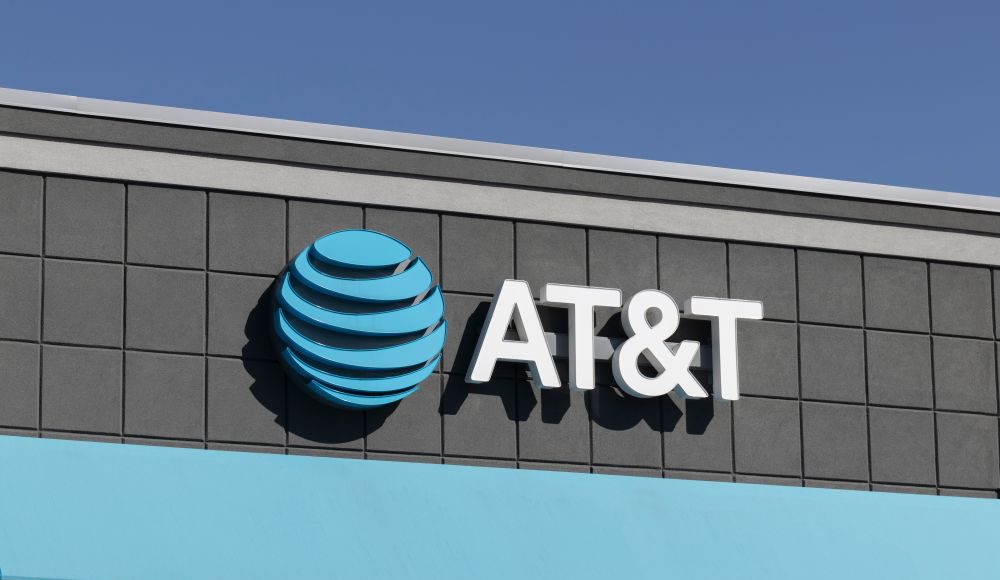Just over 10 years ago, reporting by The New York Times and ABC News revealed that the U.S. Drug Enforcement Administration had for several years been collecting billions of American phone records. The government was paying AT&T to do the work. The DEA and other agencies could then collect whatever information they wanted through an “administrative subpoena,” meaning that they didn’t need a court’s permission. At that point the DEA had free access to records dating back to at least 1987. The data indicated when calls were placed, by whom and for what duration.
There was, of course, a huge outcry. The Obama White House insisted that the program, called Hemisphere, did not raise privacy concerns, which led the American Civil Liberties Union to observe that perhaps “one reason for the secrecy of the program is that it would be very hard to justify it to the public or the courts.” In any case, President Obama withdrew funding from the program soon after it was revealed.
But now it’s back, according to Sen. Ron Wyden, Democrat from Oregon, a longtime proponent of drug-policy and criminal-justice reform, and a leading proponent of legal cannabis. Wired magazine obtained a letter Wyden sent on Nov. 19 to Attorney General Merrick Garland indicating that he had “serious concerns about the legality” of the program—now named Data Analytical Services and managed through the Office of National Drug Control Policy. Wyden noted in the letter that he’s received “troubling information” about it that is considered “sensitive but unclassified,” meaning that he, as a Senator, cannot reveal it to the public, though doing so would pose no national-security risks.
The program was resurrected under the Trump administration. The Biden administration then paused it, according to Wyden, but then resurrected it yet again.
Of particular concern is the fact that law-enforcement agencies around the country can tap into the data, and Wired reports that requests have come from police departments in Oakland, Daly City and San Jose. What’s more, the data collected includes that of people who are not suspected of any crime, including people whom criminal suspects have talked to and, in turn, phone calls between those people and others.
The program does not involve wiretapping. Despite being run by drug-enforcement agencies, the data can, and is, used for all manner of criminal investigations.
According to Wyden’s letter, AT&T collects 4 billion records every day, though the actual number of calls involved is likely substantially less than that because a record is created on each side of a given call.
Referring to the program by its former name, Wyden wrote in his letter that “the scale of the data available to and routinely searched for the benefit of law enforcement under the Hemisphere Project is stunning in its scope.”
Given the continued illegality of cannabis at the federal level and in many states, it’s conceivable the program has been and still could be used to enforce cannabis laws.
Earlier this month, before sending the letter, Wyden and three colleagues from both parties in both the House and Senate introduced the Government Surveillance Reform Act to shore up privacy protections. Passage of the bill would likely effectively end DAS and would tie the hands of officials who are still making use of other programs—some of them technically illegal already—that pry into Americans’ personal business, often without a court-obtained warrant.
Many of those programs were created by panicked legislators in the wake of the 9/11 attacks, and were meant to strengthen our defenses against terrorism. But they have since often been used for purposes that have nothing to do with terrorism, and reforms so far have failed to adequately protect Americans’ civil rights, Wyden said.
“Our bill,” the lawmakers said in introducing the proposal, “continues to give government agencies broad authority to collect information on threats at home and abroad, including the ability to act quickly in emergencies and settle up with the court later. But it creates much stronger protections for the privacy of law-abiding Americans and restores the warrant protections that are at the heart of the Fourth Amendment.”
To get an idea of how widespread the problem is, just take a look at the bill: It’s 200 pages long.



